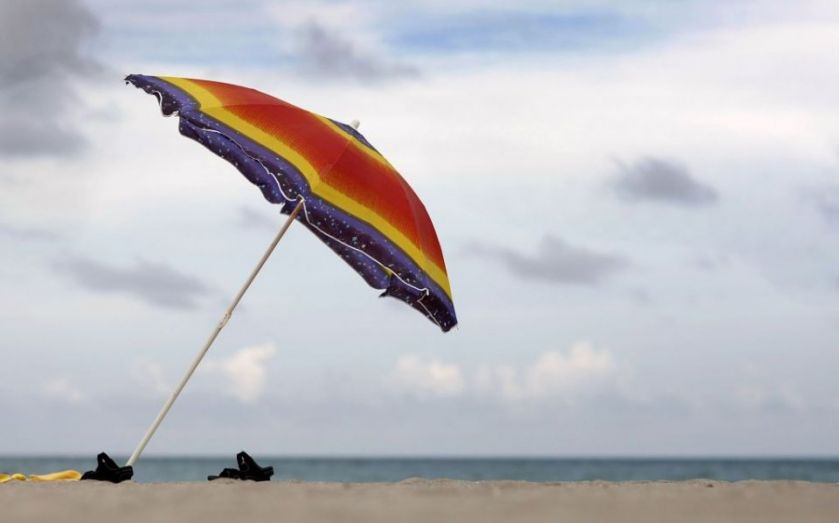Why taking a holiday is vital to productivity

Putting in those extra hours to advance your career is common practice in the City. Yet many overlook taking a proper break, underestimating how vital it is from a psychological perspective – recharging your batteries can fuel creativity and improve your decision making.
Some high fliers even take pride in being available and working on their holidays, while others have it imposed upon them. In the sporting world, athletes and their coaches see rest and recovery as a competitive advantage. It’s not just about increasing fitness and stamina so you can work harder for longer – it’s about managing an effective recovery time to keep yourself in top condition, both physically and mentally.
Athletes like Andy Murray and Rory McIlroy have raised concerns over their workload recently. With Murray pulling out of the Rome Masters to rest last month and McIlroy admitting his PGA championship was affected by fatigue, a constant drive to be the best takes its toll on even the world’s fittest. But how does learning from sport and making time to rest help you achieve more?
The physical science behind rest
Neuroscience has shown the relationship between emotional and physical resilience. Weight training pushes our muscles to the point of damage, but with adequate recovery the muscles recover with increased strength. This is true with emotional stress too. Short bursts of emotional stress followed by periods of recovery help to boost emotional resilience. Having a proper break means you will return with the chance to deliver increased impact. Without recovery, the negative spiral continues, with executives working harder for less return.
Dr Tara Swart, guest lecturer in neuroscience at MIT and Stanford, believes that going unplugged during the holidays has real value. “Your brain just isn’t set up to be always ‘on’. I’m a big proponent of a digital detox for at least once a year for a week – it’s amazing how much more time and space you seem to have when you are not responding to electronic messages.”
The benefits to creativity
And relentless work doesn’t necessarily bring the best results. Vin Walsh, professor of human brain research at UCL, believes that “the Eureka moment always comes when you’re not thinking about the problem. It’s called offline processing. Often, it’s not the workaholic that finds the solution – it might be the person who takes a month’s holiday in August. The brain is making new connections and associations between all the things the individual has been sweating over for the rest of the year.”
Resting and making decisions
The best leaders do not micro-manage every situation. Through creating systems that will allow others to act in their absence, this leaves them time for rest or strategic thinking.
England rugby head coach Stuart Lancaster believes that great leaders measure themselves by impact – and not by how busy they are: “Sometimes you need to find your own space to recharge your emotional battery as opposed to your physical one… if you continue to burn the candle at both ends and your emotional energy burns out, your decision making becomes poor.”
Jeremy Snape is the managing director of Sporting Edge and a former England cricketer.
Job hunt boost
Free
Everybody wants more information before applying for a job, or going to an interview. Glassdoor’s search app gives all the functionality you’d expect – it skims millions of jobs across the web, allows you to save favourites and set alerts. It also provides insider information on firms. Average salaries and employee reviews are highlighted, along with first-hand interview accounts. Covering everything from corporates to small firms, it even collates recent news items.